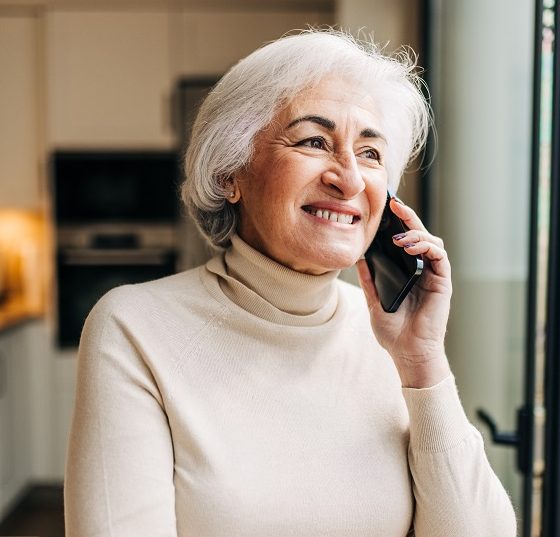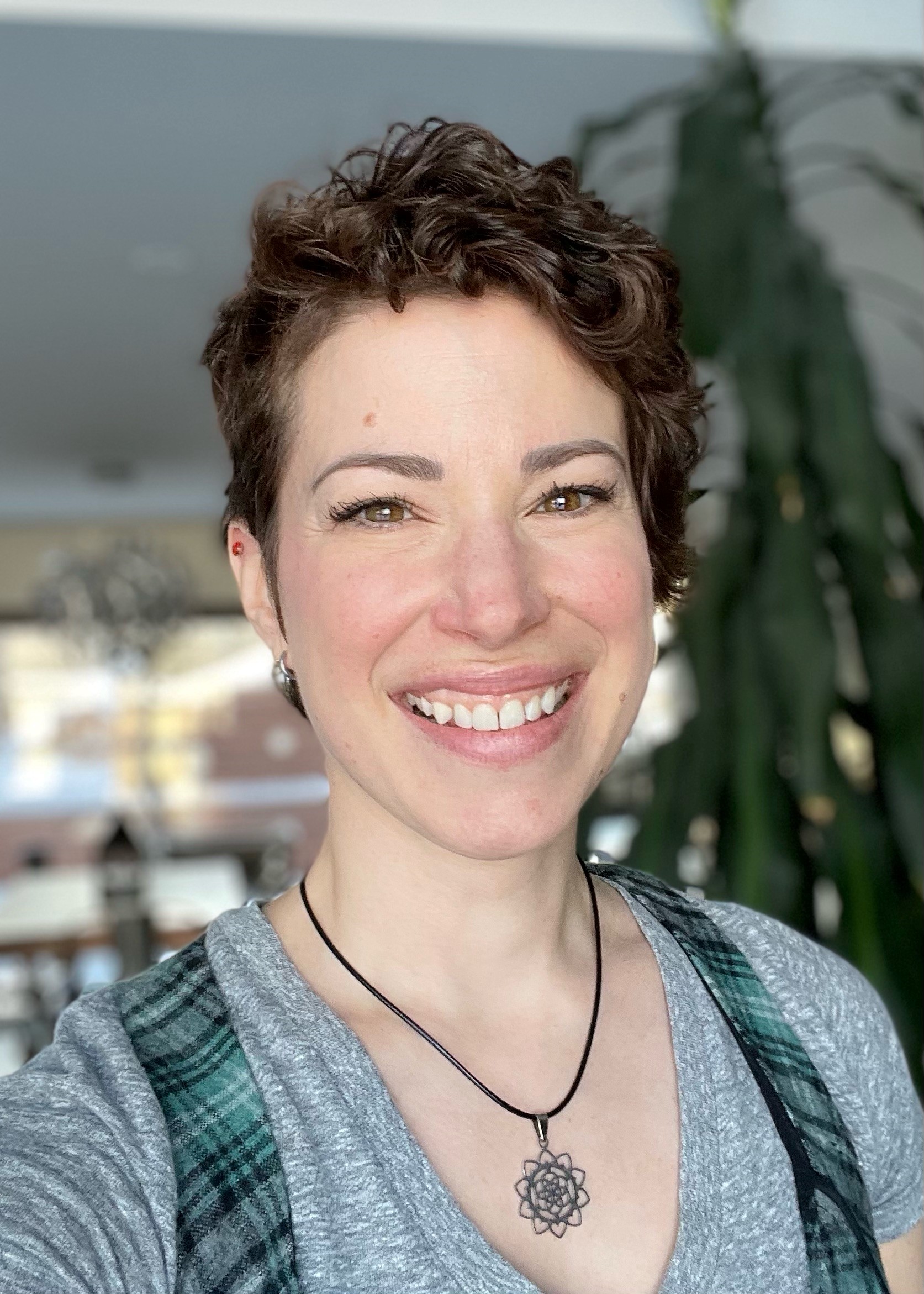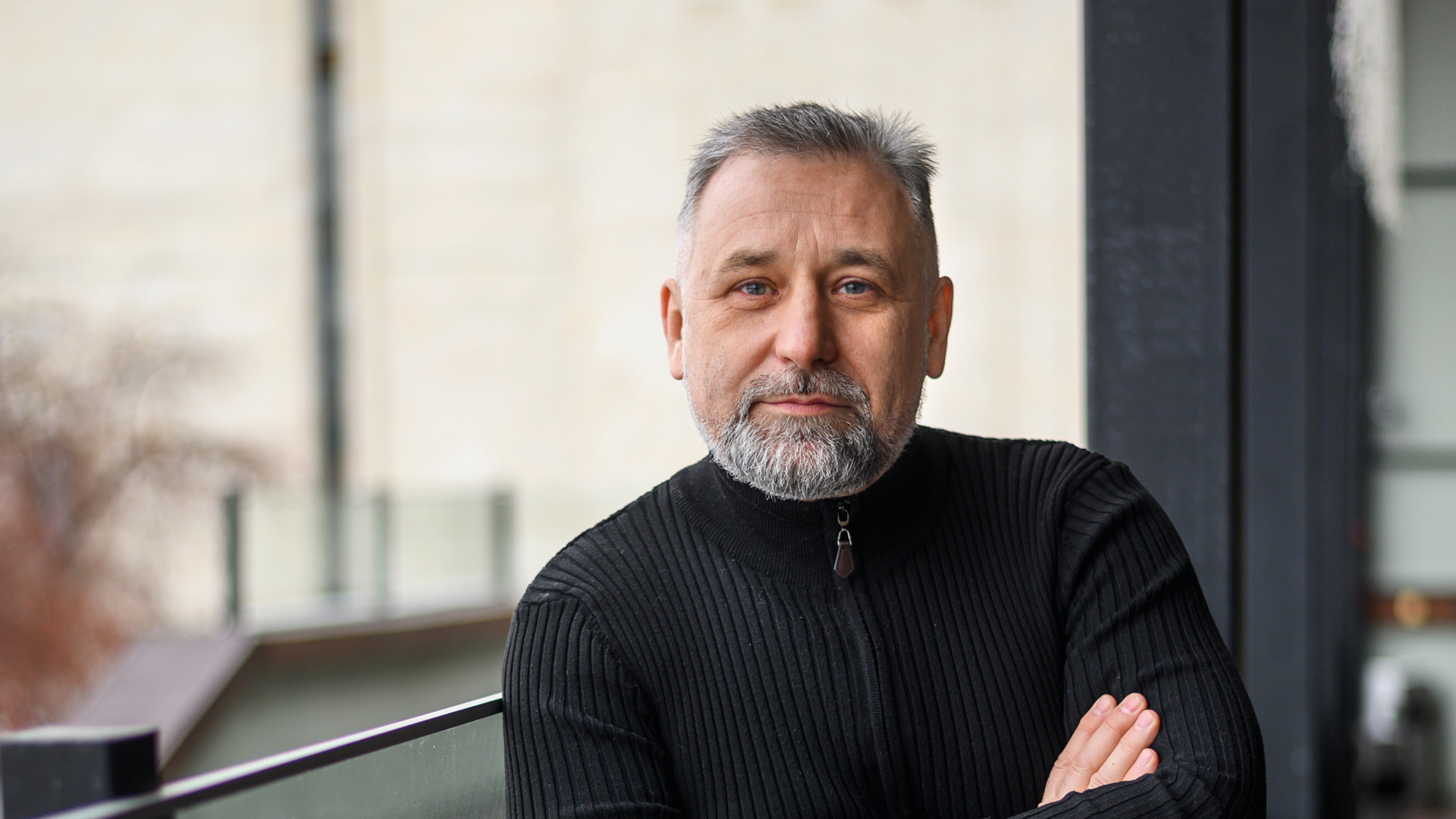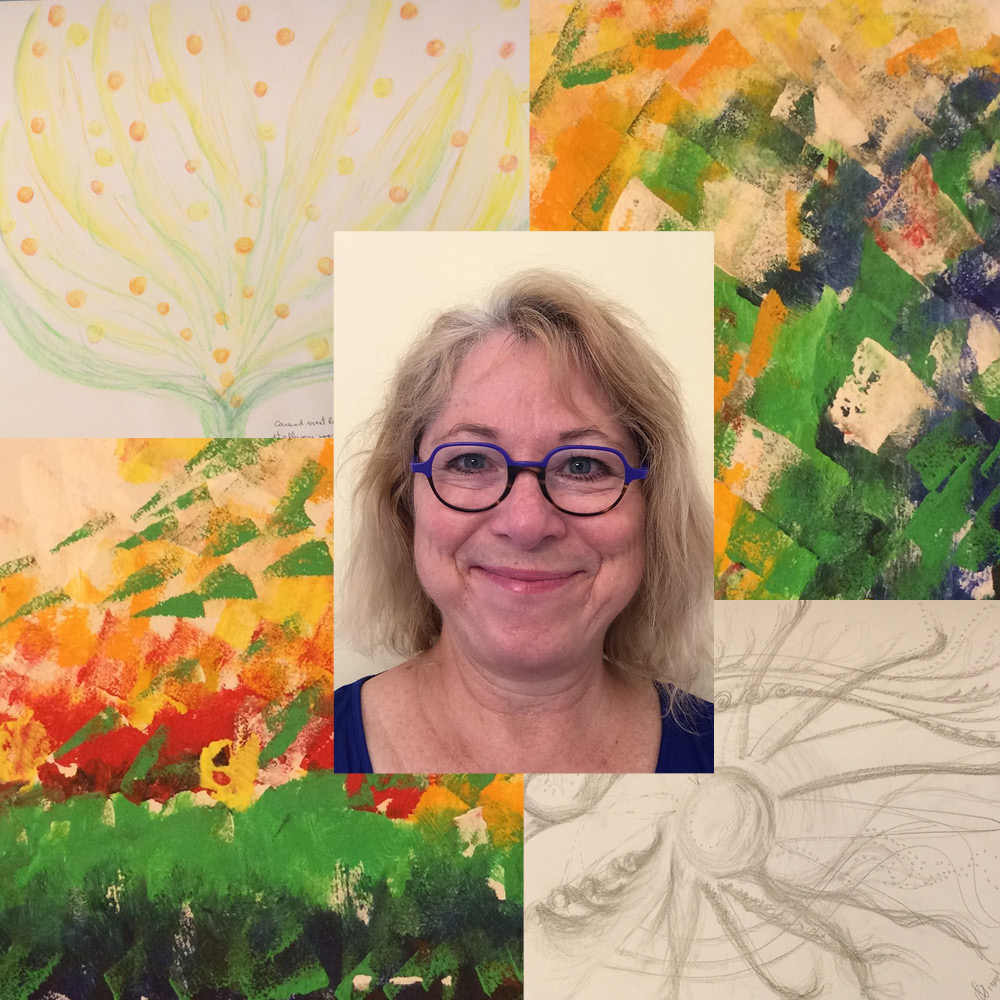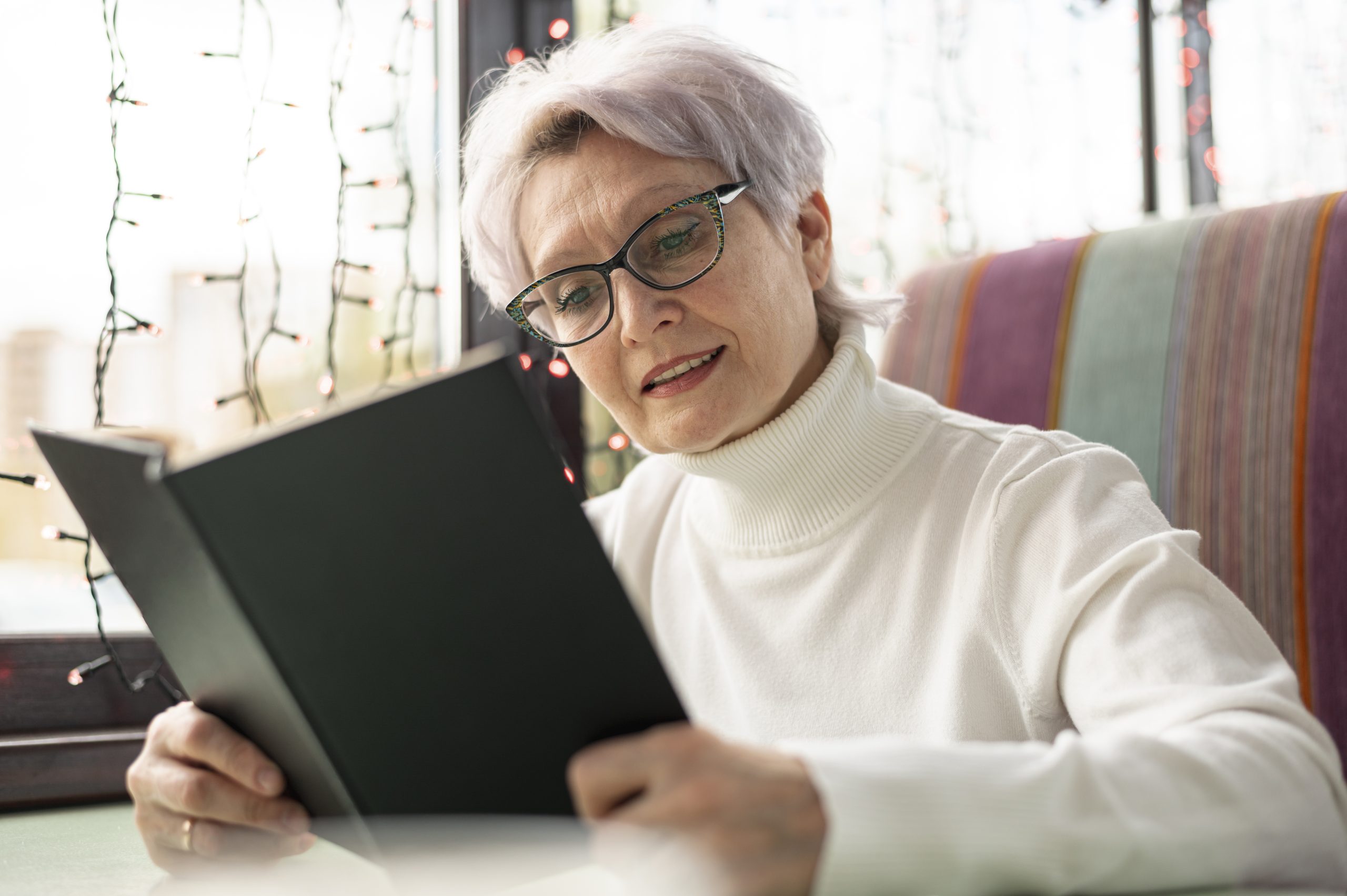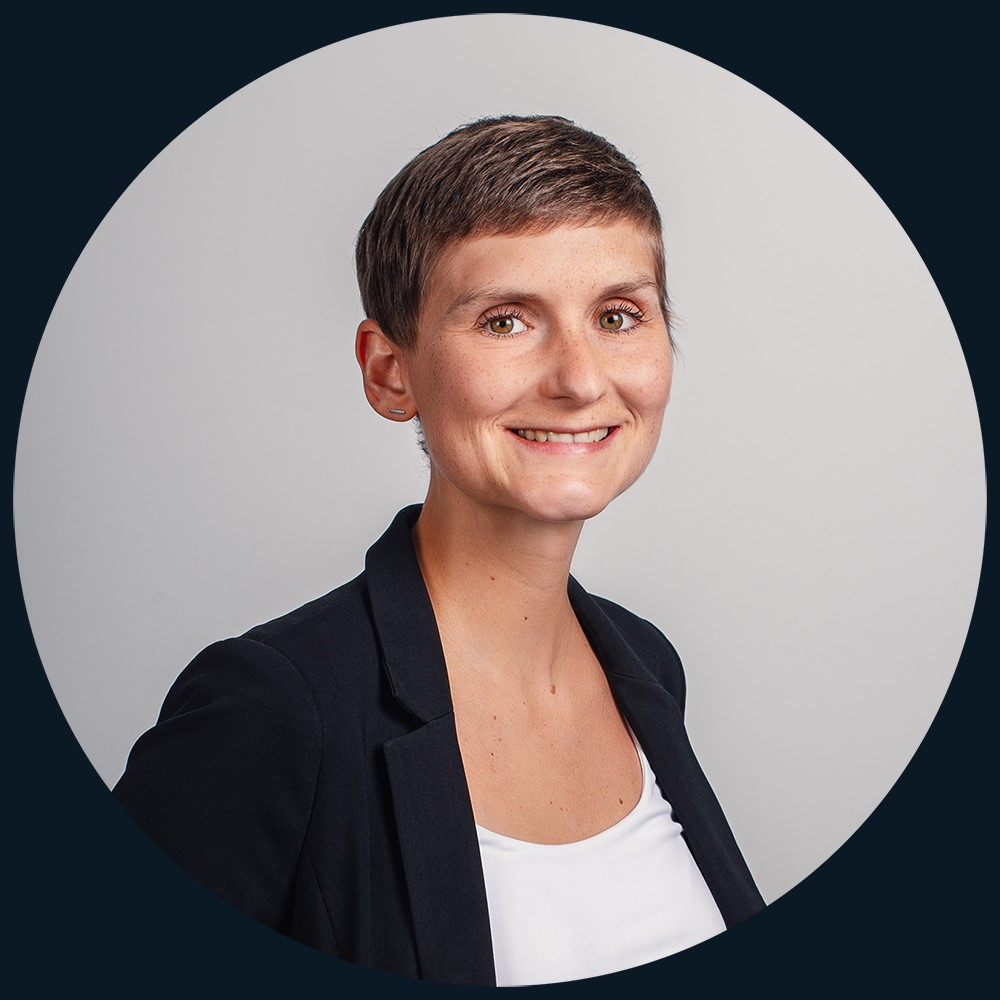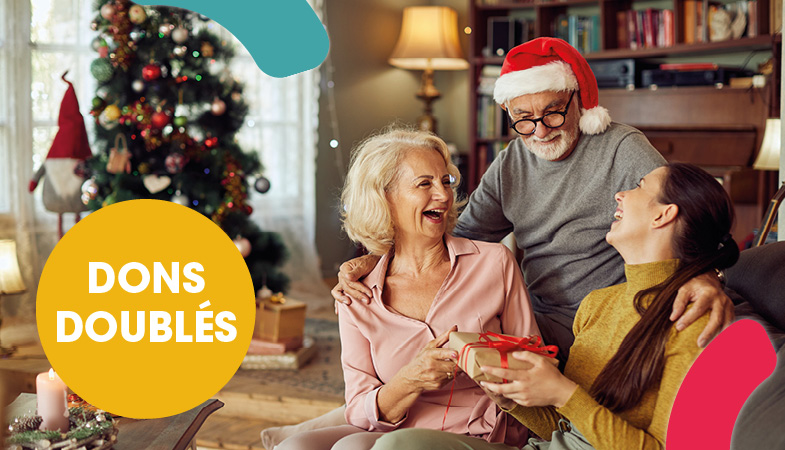Je suis bénévole au service de jumelage téléphonique depuis plus de 20 ans. Pour connaître les raisons de mon engagement auprès de la Fondation québécoise du cancer, il faut remonter 30 ans en arrière.
Mon histoire
Tout commence en 1990, alors âgée de 36 ans et mère de 3 jeunes enfants, de 7, 9 et 11 ans, je ressens de vives douleurs à l’estomac. Mon médecin de l’époque ne trouve rien d’anormal et je suis renvoyée chez moi avec de simples médicaments pour les nerfs.
Mais les douleurs s’intensifient. Il m’arrivait de sentir la faim, mais j’étais incapable de manger et j’ai rapidement perdu 15 livres. Je me suis donc rendue à l’hôpital à Québec, à 1 heure de route de la Beauce où je réside.
Les examens médicaux ont décelé un cancer dans mon estomac : on parlait de 5 à 50 % de « chance » de survie. Mon chirurgien me confiait alors que le moral jouait pour 70 % dans les pronostics.
Dans cette tempête qui venait de s’abattre sur moi, j’essayais malgré tout de garder espoir et de ne pas baisser les bras. L’idée de ne pas voir mes enfants grandir et de ne pas être là pour eux me terrifiait complètement.
L’intégralité de mon estomac, ma rate et la queue de mon pancréas ont été retirés. Mon œsophage est maintenant directement relié à mon intestin. J’ai dû réapprendre à cuisiner et me nourrir beaucoup plus sainement. Je peux me permettre de manger que des petits repas et au tout début, je devais mastiquer toute nourriture 50 fois avant d’avaler. J’ai dû dire adieu aux restaurants et aux repas à l’extérieur.
La Fondation québécoise est entrée dans ma vie à ce moment-là, sur les recommandations de l’hôpital. Bien que j’ai grandement apprécié les services de la Fondation, je n’ai pas pu profiter davantage des activités sur place, du fait que je résidais en Beauce.
C’est quelques années plus tard que j’ai à nouveau croisé le chemin de la Fondation, lors d’un atelier où l’on m’a proposé de m’impliquer au sein du service de jumelage téléphonique, qui met en relation des personnes touchées par un cancer avec un bénévole qui a vécu une expérience similaire.
J’ai d’abord eu quelques hésitations : j’avais peur de ne pas être à la hauteur, mais j’avais grandement envie d’aider ceux qui passaient par la même épreuve que moi. Je me suis donc d’abord engagée à être jumelée avec une première personne. Et lors de ce premier appel, j’ai compris toute l’essence du jumelage téléphonique : je n’étais pas leur psychologue ni leur infirmière, je devais juste les écouter se vider le cœur et partager avec eux mon expérience. Vingt ans plus tard, je peux vous dire que le jumelage est devenu une partie importante de ma vie!
Être bénévole au jumelage téléphonique m’apporte énormément. Cela me procure un fort sentiment d’appartenance, je me sens comme dans une grande famille. Étant passée par l’épreuve du cancer, je sais ce que ces gens vivent et donc je sais être cette oreille attentive ou ce conseil bienveillant dont ils ont tant besoin. Je comprends aussi l’importance d’avoir quelqu’un à qui se confier. J’aurais voulu avoir ce genre de support à l’époque. Que quelqu’un arrive dans ma chambre d’hôpital il y a 30 ans pour me dire « Il est possible de vivre sans estomac! » Ces paroles auraient fait une grande différence pour moi.
Heureusement, j’ai pu compter sur mon conjoint et ma famille, mais malgré tout leur amour et leur support, j’avais besoin d’une oreille attentive et neutre afin de partager ce que je vivais.
Près de cent jumelés, près de cent histoires
Au fil des années, j’ai été jumelée à près de cent personnes. J’accompagne non seulement des gens qui traversent un cancer de l’estomac, mais aussi d’autres cancers et même des proches de personnes atteintes.
Dans toute cette aventure, j’ai surtout eu la chance d’accompagner des personnes extraordinaires, des gens avec qui j’ai créé des souvenirs que je n’oublierai jamais, des conversations riches de sens… Comme avec cette enseignante qui transmettait les conseils que je lui donnais à sa classe d’enfants, ou Martine Lortie, qui me confiait à quel point ma présence à l’autre bout du fil avait littéralement changé sa vie.
Ce qui rassure aussi beaucoup les personnes avec lesquelles j’ai eu la chance d’échanger, c’est de savoir que j’ai pu survivre à mon cancer.
« Vous venez de faire ma journée! »
Voilà ce que j’entends beaucoup. Cela me remplit de satisfaction de voir que j’ai eu un impact positif sur eux. Alors je m’efforce de leur donner le meilleur de moi-même. Quand des bénéficiaires me posent des questions auxquelles je n’ai pas de réponse, une fois notre appel terminé, je me lance dans des recherches et lors de l’appel suivant, je peux ainsi leur proposer des pistes de réponses concrètes. Mais je ne veux surtout pas m’imposer ou donner mon avis. Je préfère toujours amener les gens à trouver leurs propres réponses.
Une grande famille, une grande histoire
Avoir un cancer a changé ma vie et a marqué le cours de mon histoire. J’ai dû descendre au plus bas, à deux doigts de la mort, pour apprendre à mieux vivre. Le cancer fait partie de mon histoire et je ne peux imaginer ma vie sans…
Cette expérience, bien que douloureuse, m’a fait revenir à l’essentiel. Dans un monde où tout se bouscule, tout va trop vite et où on ne sait plus profiter de la vie, le cancer m’a finalement appris à mieux vivre, en cueillant les petits bonheurs au quotidien, en profitant de la beauté de la nature et en réalisant l’importance d’être avec les siens comme le plus grand cadeau de la vie.
Le cancer touche une personne sur deux au Québec et bouleversera leur vie à jamais, comme il a bouleversé la mienne.
Je suis heureuse de pouvoir être cette lumière au bout du tunnel pour certaines personnes que j’ai pu accompagner dans le cadre du jumelage téléphonique. Et quand d’autres besoins se font sentir, je ne manque pas de leur parler de la panoplie de services offerts par la Fondation québécoise du cancer.
Je suis fière de faire partie de cette grande famille qu’est la Fondation. C’est tout simplement extraordinaire tout ce qu’elle fait pour les personnes touchées et leurs proches.


